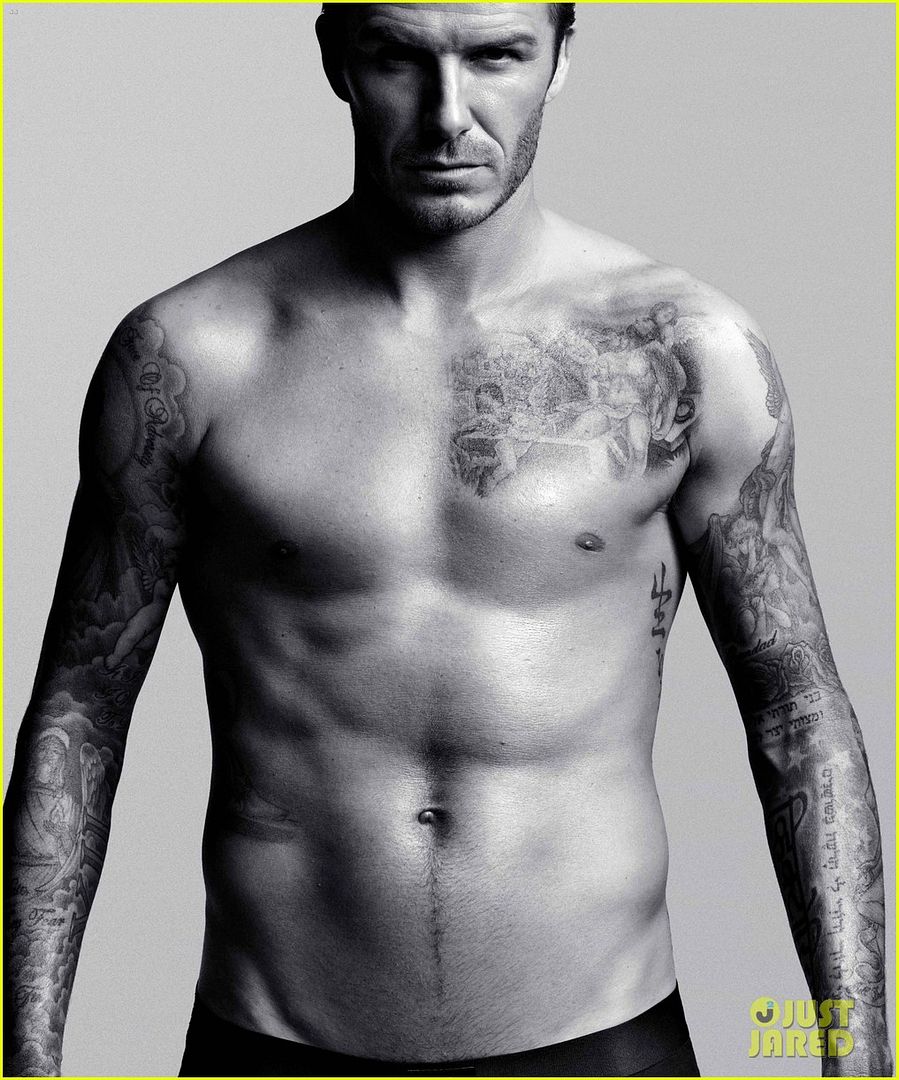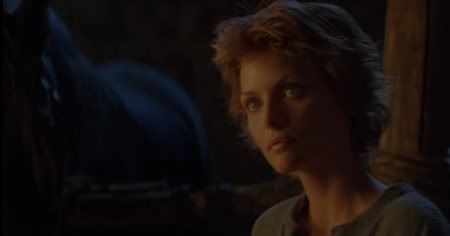CHARACTERS Part 3
The First Date
The Comments: "The rest of your story kicks ass but the
first chapter is kind of wonky." Or "I couldn't even get past chapter
one." Or "The first few paragraphs are too confusing/ eye-gougingly
boring."
What they might mean: Your main character is not making a
good First Impression.
Have you ever been on a first date that just boded ill for a
future relationship? Every portent, every sign in the Universe just screamed,
in flashing red neon, that it wouldn't end well?
Let me offer some real world examples from my own previously
sad love life.
A first date started with a guy who told me to meet him at
the movie theater. He got dropped off
by his mom half an hour late (he later revealed he'd lost his license for drunk
driving) and made me pay for tickets, drinks, a bucket of popcorn, and an arm
load of candy. For him.
Another guy made me drive half an hour through a storm, pick
up McDonalds for our dinner, and waited at the door of his apartment building –
with a f*cking umbrella – while I walked across the parking lot, trying to keep
our dinner dry.
I didn't start out trying to dislike the guys; in fact, I
desperately wanted to like them. But their first impressions just didn't allow
a connection.
Bad first impressions from a Main Character are like that. A
reader doesn't expect to dislike or not connect with them, but the first
chapter might not be portraying the Main Character in the most empathetic
light.
Let's put our Serious Pants on.
Here are the three common ways a Main Character makes a bad
first impression:
1. Starting with a Dream Sequence.
This seems like a good idea. You can add some kind of
prophecy or warning or foreshadow future stuff. It would totally build mystery. And you
can pack it full of back story without it reading like an infodump.
It seems to work in movies.
Here's why it usually works against you.
Dreams are strange,
strange things. How often have you had a dream that made 100% perfect sense? Be
honest. And be honest to your reader. But presenting a linear, realistic dream
is already lying to the reader. Dreams are inherently confusing and the
excitement of a dream in which a character is fleeing "some dark,
mysterious entity" or "struggling to breathe" only to wake up
gasping and realizing it was a dream is a big slap in the face.
It's a promise that
the story will be exciting and you've already broken that promise because
"Ha! Fooled you, sucker! It was totally just a dream."
Then the pace severely slows down because you have to show
the character waking up and being disoriented and trying to figure out what the
dream was about.
Have you ever been so excited about hearing about someone
else's dream that you sit on the edge of your seat, scarcely breathing, waiting
to hear what happens next in a dream you have no stake in? (correct answer is
no.)
It works in movies because movies have elements written
stories don't have: chilling music, visual effects, facial expressions and
actors people are already familiar with.
2. The Second Bad Impression:
Perhaps you've decided against the Dream Sequence or they're
just not relevant. Do you have Main Character waking up in the first scene?
Seems like a good idea to show MC's life before the
instigating plot moment, right?
Here's why it's not so awesome.
Having your character "wake up" in the first scene
implies a very passive character. Going along with the Dream Sequence, a Waking
Character is literally just lying there. Dreams are happening to him. Or sleep
is happening to him. Then he wakes up.
How many times would you start a journal entry with
"Dear diary, This morning, I woke up." Or hell, "Stardate 003.4.3013,
This morning, I woke up. Then I took a piss. I showered and brushed my
teeth."
On the flipside, how interested would you be in a journal
entry by someone you've never met
that starts with "Dear journal, I opened my eyes to find morning was upon
me. I got up, pushed the covers off, and inhaled the scent of frying eggs."
The Character Waking first impression implies the writer is
going to spend a whole lot of time describing mundane activities. And heck, if
I wanted mundane, I'd spend time in my own boring real life, not in Borba the
Pimp's world.
For extra information on why this mundane Waking Character
might be a false start and give false impressions, check out my post on Beginnings.
3. The Third Bad Impression:
A flashback within the first five pages.
Do you have a decent opening scene in which you hint at
instigating plot moment, then go deep into Main Character and emo it up with a
flashback (a scene from the Character's past, usually very meaningful to WHY
the character left home, killed so-and-so, etc.)? You might think it's a great
way to give the reader some background information to gain empathy for the MC,
but it's actually an attempt to force
a connection rather than letting the reader form one naturally.
It comes across
as reader-manipulation.
Here's why it doesn't work the way you want it to.
You haven't really created a Character in the present story timeline, so why would I
care about the Character's past? A flashback works best if it's framed by context.
A sudden, early flashback is just an info dump. Just like
the Dream Sequence above, the flashback inserts a jumble of information way too
early and implies that you, the writer, couldn't work it into the plot just a
few more pages in.
If you would fight a dozen lightning-infused Titans to
defend the need for an early flashback, it indicates you might be starting your
story a tad too late.
Otherwise, in stories I've Betaed, I've found that the flashback
can be incorporated into profound and cathartic conflicts later in the story in
tense dialogues.
Now, if you're like me, you'll automatically buck and kick
when someone says you can't or shouldn't do something. And if you
follow me on Twitter (@joanwip) you'll notice I use the hashtag #challengealltropes.
These three First Impressions have worked in the past
for writers, so challenge what I've said above IF your story absolutely must
begin that way. Those three beginnings can
work if you use them with care and with deliberate, thoughtful motives.
But if
you've used them to lure the reader
in, rather than inviting the reader
in, you're using them as gimmicks, not as hooks. In other words, you're
purposely misleading and manipulating the reader. In starting a story, just
like in starting a relationship, that's not the best way to establish trust.
Happy Writing and Revising!
J
Coming Up:
More Character
Dialogue
Dialogue Tags
Passive
Verbing
Robert Bevan
Nat Russo
Laura Oliva

